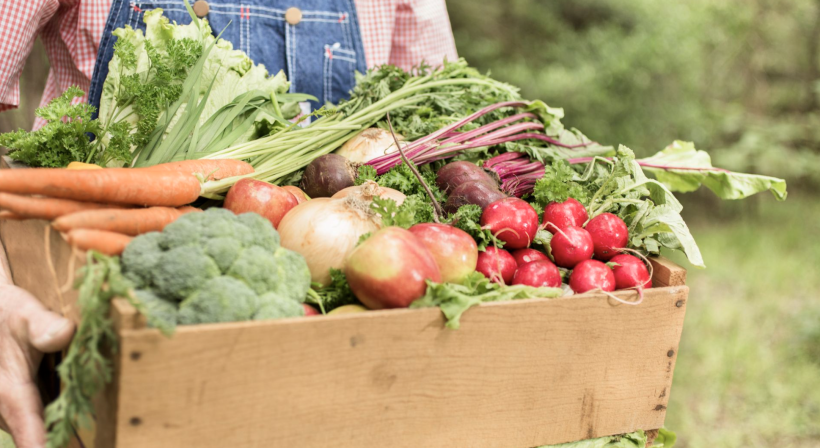Farming has been part of our civilisation for the longest time. Be it basic farming techniques or the most industrial crop yielding initiatives, our country is renowned for its agricultural growth. Keeping this in mind, people who wish to become a part of the primary sector should consider setting an organic farm. This is because organic farming is a lot better than traditional agriculture in several ways. Lesser use of pesticides, controlled soil erosion, and minimal depletion of natural resources are just some examples that make organic farming the preferred choice. However, this agricultural venture has to be done in a systematic way. You will only be able to profit from your crops when the right setup is done. First-time farmers need a little extra help as they are new to this industry. For this purpose, here are six factors to consider while setting up your organic farm:
Research Well
As organic farming is a fairly new concept in our country, it is important for you to learn everything about it. You cannot expect to set up your organic farm overnight. Thus, the first thing that you should do is gain enough information on this subject. To begin with, it would be wise to read up as much as you. There are various websites, published books, etc., that offer the right knowledge about organic farming in India. Buying the right kind of fertilizers online sale of products, and other aspects related to your future organic farm can be understood comprehensively. You can also take the help of your friends or relatives who might have some experience in organic farming. This will help you gain useful insights from their past or current experiences.
Consider the Type of Venture
After getting acquainted with organic farming, you must decide the type of venture you are planning to have. This means that your organic farming can be a full-scale business wherein you supply fruits and vegetables to consumers directly or it can be a small home garden that you want to set up for your personal use. Based on your financial situation and career goals, you can consider the type of farming venture that will be ideal for you.
Think about the Crops
Every village, town or city in our country has more than two seasons in a year. Taking this into account, the crops that will grow in your organic farm have to be chosen carefully. You cannot sow seeds during the rainy season as the soil would be too damp. Similarly, fruits and vegetables that require specific climatic conditions have to be nurtured with a lot of care. Noting down the factors involved in each crop’s growth and harvesting is essential for an organic farmer.
Use Natural Products
One of the most valuable tips for farmers keen on converting their conventional farming style into modern and organic farming is to buy natural products. Fertilizers, seeds, manure, pesticides, and other essential items should be only purchased from authorised sellers. So, you can consider shopping online for specialised fertilizers, plant growth promoters, high-quality seeds, agricultural tools, and the like. Giving up chemical-based products will transform your farm into an eco-friendly space where vegetables, fruits, and legumes can be grown without disturbing the environment.
Focus on the Climate
Another tip that will help you understand organic farming in a better manner is focusing on the climatic conditions all year round. This means that you should be able to know the crops that have to be grown in a particular season. If you do not follow the right timing, then harvesting good quality fruits and vegetables would not be possible for you. Hence, learn the art of reading the climate and go crops accordingly. For reference, hardy vegetables such as broccoli, onions, etc. should be planted in the spring while tender vegetables like beans and cucumbers should be sown in after spring as they grow better during the summers.
Pay Attention to the Soil
If you are dedicated enough to take up organic farming, then it is wise to pay attention to the soil. This is mainly because every crop can only grow properly if the soil provides enough nutrients to it. In order to make the soil useful for your crops, it is recommended to use organic manure. This way, natural growth agents such as cow dung, plant-based waste, and other elements will enrich your soil without introducing chemicals in it. Moreover, you can make the soil rich in nutrients with the help of crop rotation.
Organic farming can maintain the ecological balance, protect the natural resources, and organically grown products have more nutritional. If done right, organic farming can benefit in more than way.
Laila Azzahra is a professional writer and blogger that loves to write about technology, business, entertainment, science, and health.
